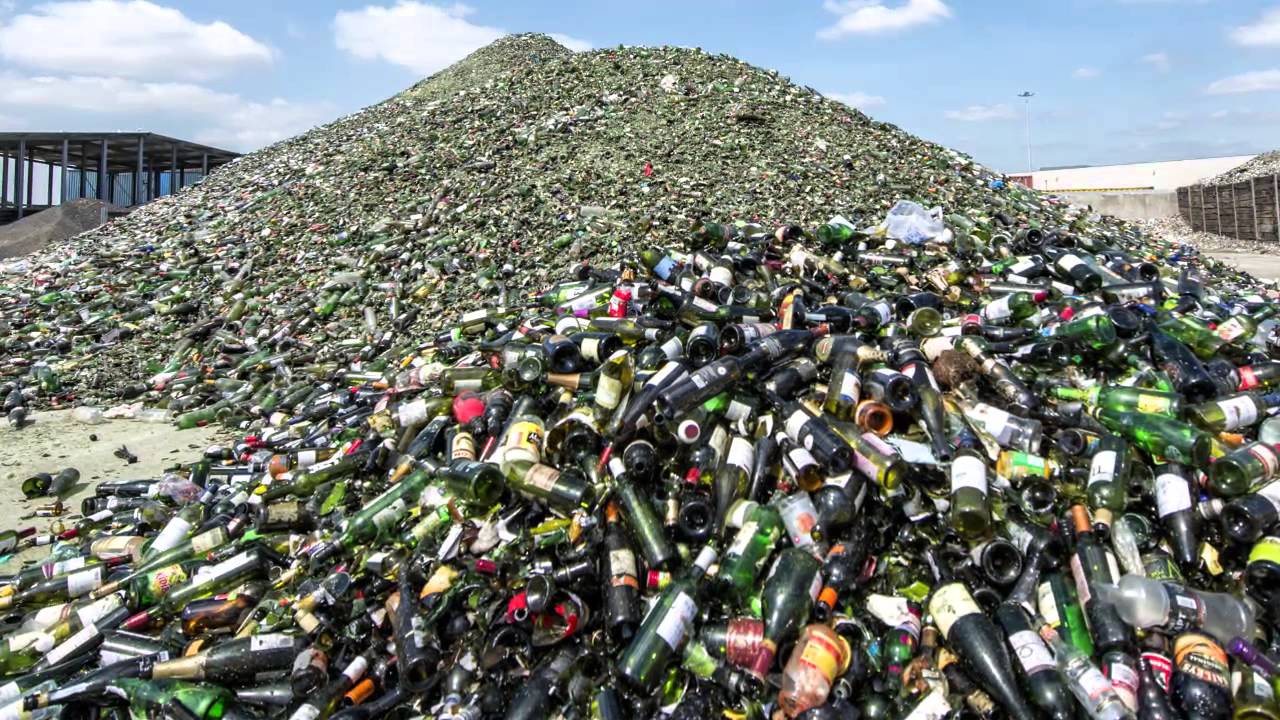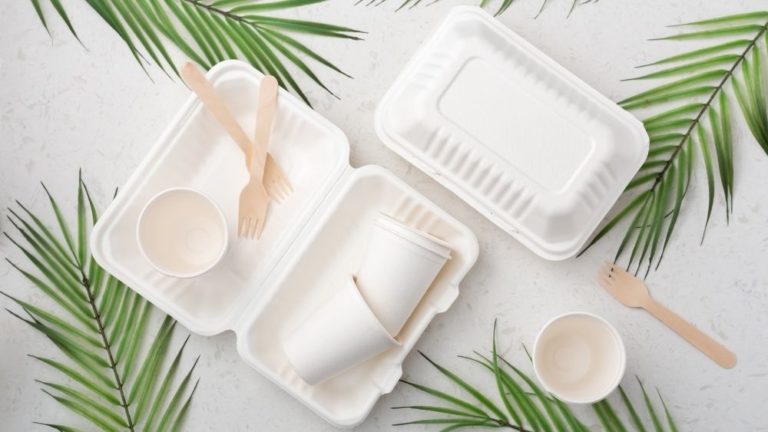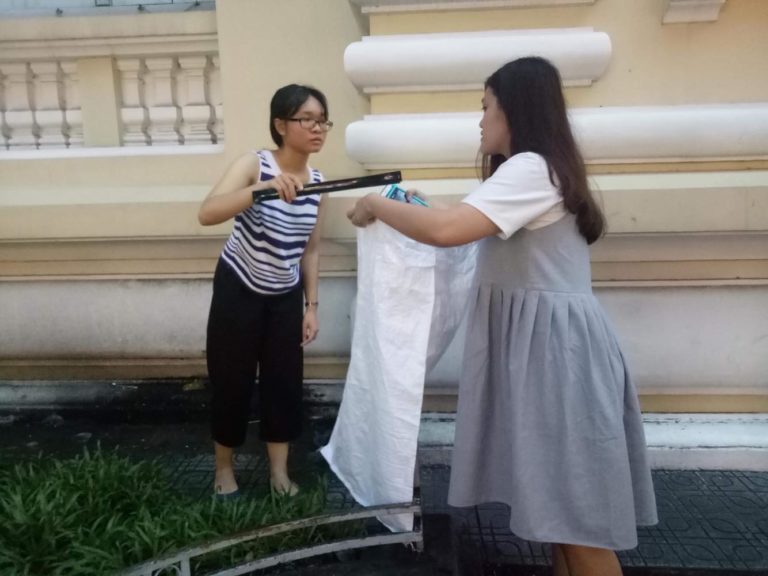Next Gold rush
According to Antoine Frerot, CEO of VEOLIA, wastes will be the gold mines of the 21st century. Indeed, the future lies in the salvage and use of our wastes. The explanation is simple: on one hand, we drain our natural resources in order to respond to our needs, and on the other hand, these needs ceaselessly increase. From then on, the solution is to find alternatives to modify our economy in a circular model. Moreover, recycling our wastes would cost 6 to 25% less than burying (most used technic). The development of this activity would bring out many jobs. Still according to Antoine Frerot, a classic manufacture of plastic bottles (made from petrol products) would emit 70% more than a manufacture made from recycling.
Concerning France, more and more companies are created with the objective of including wastes in production processes. In our article from last month, we were dealing about the case of big companies like Adidas or Nike, highlighting the problem of waste supply. Thus, in France, the startup “Yoyo” has created a system of reward. The concept is simple: the participants receive different bags. Each bag is aimed to receive a special type of waste. When a bag is full, the participants give it to a “coach”, who sends it to the company. In exchange, the participant receives a voucher in partner companies. This system looks like the American model, where you bring back your plastic bottles and others, and you receive a little bit of money. These kinds of initiatives are increasing around the world, but the biggest investments have to be made by multinationals, because they have the power to change things at a larger scale than startups or associations.
Some scientists around the world are currently working on plastic made from natural and clean raw materials. Indeed, this is the case of a French guy, who developed different recipes in order to show that the current way of producing plastic can be changed easily. His concept is to find processes where the container would be in agreement with the contents: for example, for the olive oil, he developed a formula based on olive stones, or a bottle of wine made with crustaceans. The result is that the plastic is 100% vegetable. For the moment, this plastic is 30% more expensive than the market price, but the objective is to show that there are many greener alternatives to be found and developed. Nonetheless, it is reasonable to wonder if this solution is really efficient for the environment, knowing that these new plastics are made from natural resources. Actually, taking in account the worldwide plastic demand, would it be viable to produce bottles from a natural resources ? It would develop an intensive agriculture, and we know that this is terrible for the soils.
This month, Total is launching in France a recycling factory for polystyrene from consumer goods and food industry. The objective is to get this material back, transform it into granule to include it into the production process. According to experts, polystyrene is one of the easiest polymer to recycle. The factory of Moselanne produce 260 000 tons of polystyrene per year; Total Carling explains that they obtain 150 kg of recycled polystyrene per ton of virgin material. Great initiative that will be very positive for that factory and for the environment.
For all these reasons, the success of all these innovations depend on individuals: we have to recycle, in order to give the proper resources to the companies innovating in this field. Indeed, if citizens do not sort their wastes, the recycling process is broken. Every citizen has the duty to change his habits in order to agree with the innovations done from waste recycling. Indeed, to stop the destruction of our planet, we have to be the actors.
In our next article, we will get interested in what we do with our non-recycling wastes.
REFERENCES:
- http://www.parismatch.com/Actu/Environnement/Les-dechets-seront-les-mines-du-XXIe-siecle-793632
- http://www.lyspackaging.com/single-post/2017/01/09/Nos-bouteilles-biod%C3%A9gradables-%C3%A9voluent
- http://www.sudouest.fr/2017/10/08/tri-une-longueur-d-avance-3843124-2780.php
- http://www.polymers.total.com/news-press-releases/total-explores-new-routes-post-consumer-recycled-polystyrene-circular-economy





